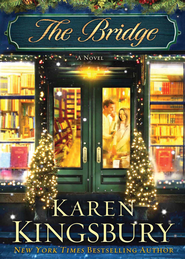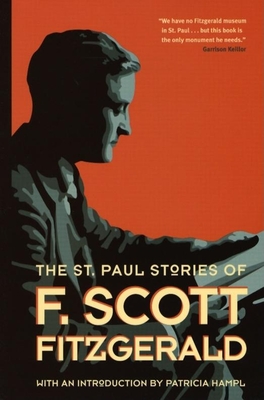Donner and Blitzen, kissing and mistletoe, deep-fried turkeys and the grating timbre of your panicked uncle screaming "Get out of the house, the garage is on fire!" Things have a way of coming together at the holidays, including books. What follows, from now until December 21st, is an impromptu selection of my favorite would-be literary pairs of 2012, not counting Colin Meloy and Carson Ellis, co-authors of The Wildwood Chronicles and, OH MY GOD, so cute. (Also not counting Breasts: A Natural and Unnatural History and Vagina, which, if anyone asks, was David's idea.) Impress family, friends, and lovers of your own with your seemingly good taste and propensity for matching key words.

Sure, there's Wolf Hall and Bringing up the Bodies, 1491 and 1493, Karen Kingsbury's The Bridge (above) and virtually anything by Hafiz, but let us venture outside of the obvious and take a peak at books less clearly perfect for each other and that person you forgot about till now who typically hand knits you things. Some jokes, most not. Starting with two books based on the end and the beginning of F. Scott Fitzgerald's life.
The St. Paul Stories of F. Scott Fitzgerald, though written both before and after his leaving St. Paul, contain some of the best and least known stories that Fitzgerald ever wrote, and which, to an even greater extent than his novels, shed light on Fitzgerald's obsession with class, having grown up "in a house below the average on a street above the average." An obsession that rears its pained and privileged head again in The Disenchanted.
Recently republished by University of Minnesota Press, The Disenchanted is author Budd Schulberg's masterpiece, according to Anthony Burgess anyway, based on Schulberg's bender of a weekend back in 1939, accompanying Fitzgerald to Dartmouth Winter Carnival, as the two ostensibly endeavor to co-write a trash B-movie screenplay. If St. Paul is where Fitzgerald first caught fire, Hollywood, you might say, is where he spun around erratically in circles on the ground and slowly sputtered to a stop. Or, you know, died of alcoholism. The story is a tragedy, but only insofar as it is brought to life as such. Schulberg writes as if the contents of that weekend are the
only thing he knows or wants to tell. His attention to detail is what most novelists today would call superfluous, his "depiction is so unforgiving Sheila Graham, Fitzgerald's partner at the end of his life, never forgave him." Thank goodness.



No comments:
Post a Comment